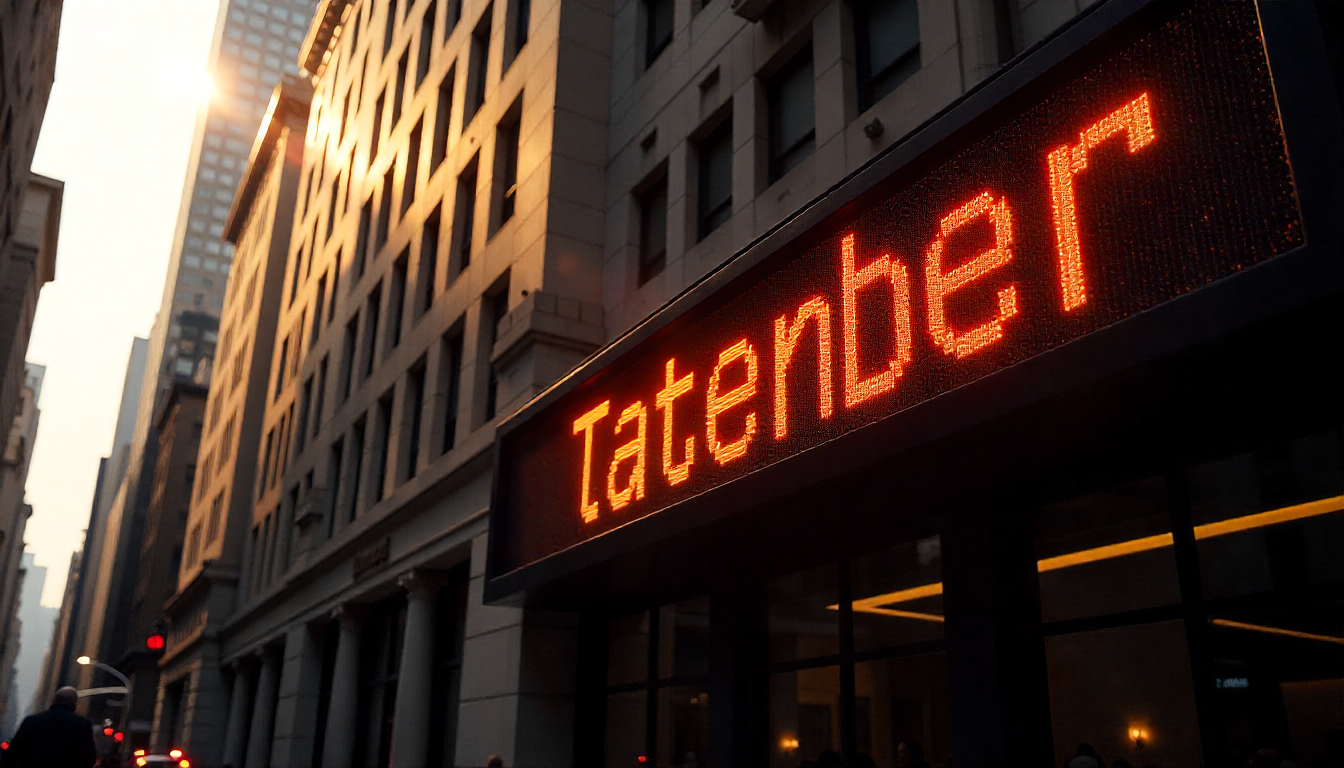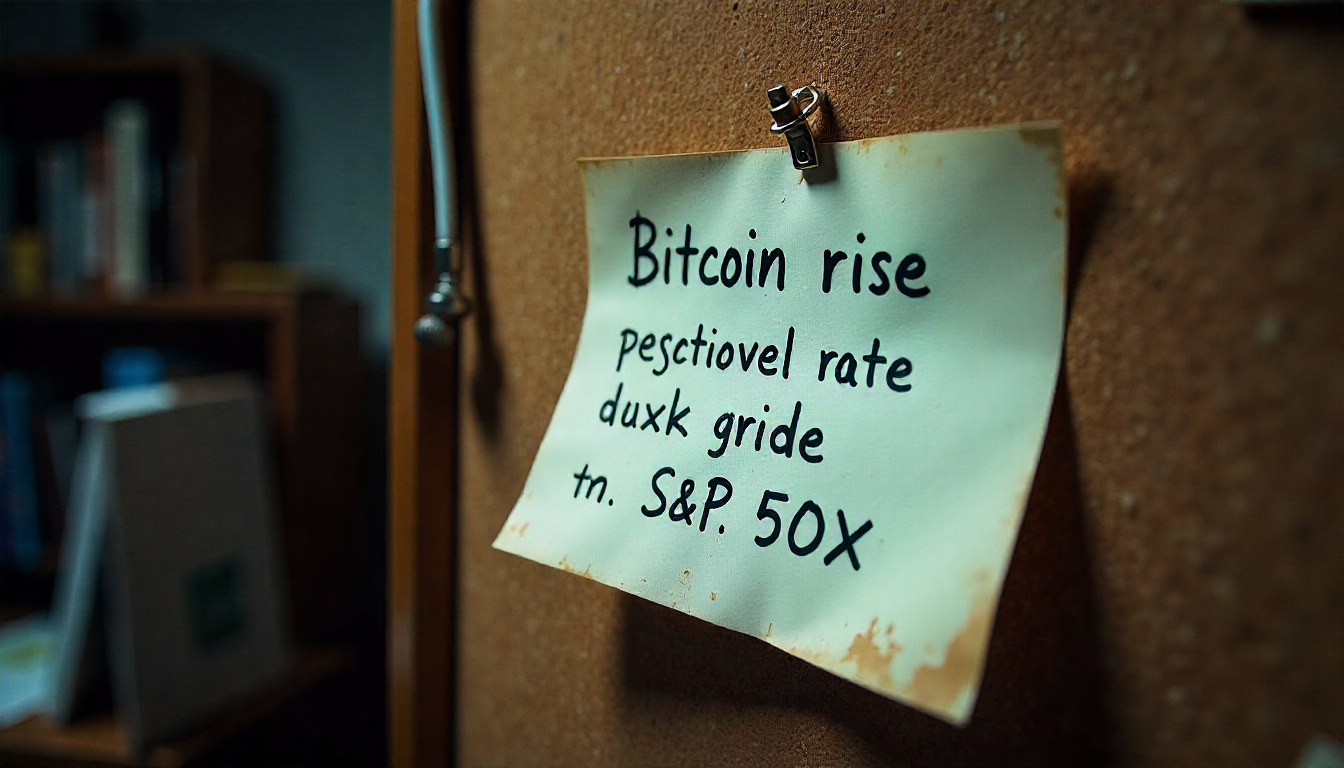Mounting Short Pressure on MSTR: $180M in Failed Trades Signals Squeeze Risk
Strategy (MSTR), the tech firm turned prolific bitcoin accumulator, may be headed for turbulence—or a breakout—after accumulating more than $180 million in failed trades during March. That figure, combined with persistently high short interest, is raising eyebrows among market watchers.
Newly released data from the SEC and Fintel reveal that 609,000 MSTR shares failed to settle during the month, a condition known as Failures to Deliver (FTDs). These occur when a seller doesn’t deliver the promised shares by the settlement deadline, currently T+1, or one business day after the trade.
FTDs can stem from operational hiccups, but they can also point to supply strain in short selling, where traders borrow stock to bet against the price. If there aren’t enough shares available to repurchase and return, it can signal an underlying liquidity crunch—and potentially foreshadow a short squeeze.
MSTR, which rose 13% in March, saw multiple significant FTD spikes, including on March 26, when over 186,000 shares worth nearly $64 million failed to settle. Other high-volume FTD dates include March 17 and 21, each seeing tens of millions in unsettled trades.
Short interest remains substantial. As of April, 29 million MSTR shares are sold short, representing over 12% of the stock’s float, per Fintel. On April 22, around one-third of trades in MSTR were short sales, many executed in private venues like dark pools, which lack real-time transparency.
MSTR’s price action is heating up. The stock is up 35% since March 1, 44% above April’s lows, and gained another 8% on Tuesday alone. If short sellers struggle to find shares to cover their positions, they may be forced to buy back at higher prices—potentially accelerating the rally.
While FTDs don’t automatically imply manipulation or a guaranteed squeeze, the size and persistence of unsettled trades in MSTR suggest pressure is building—and the next move could be dramatic.












